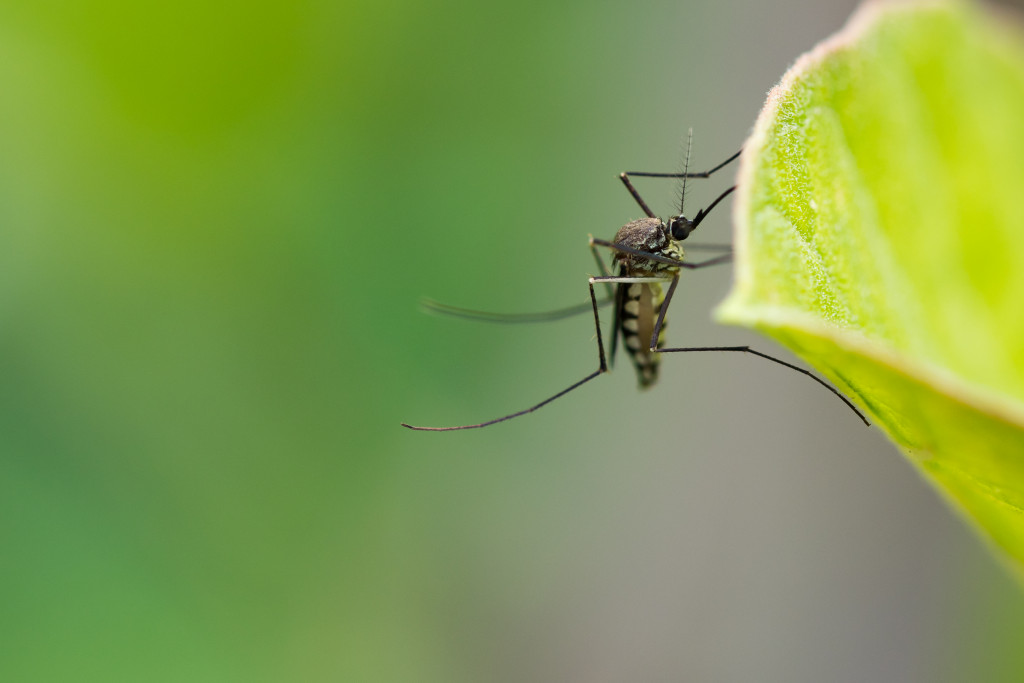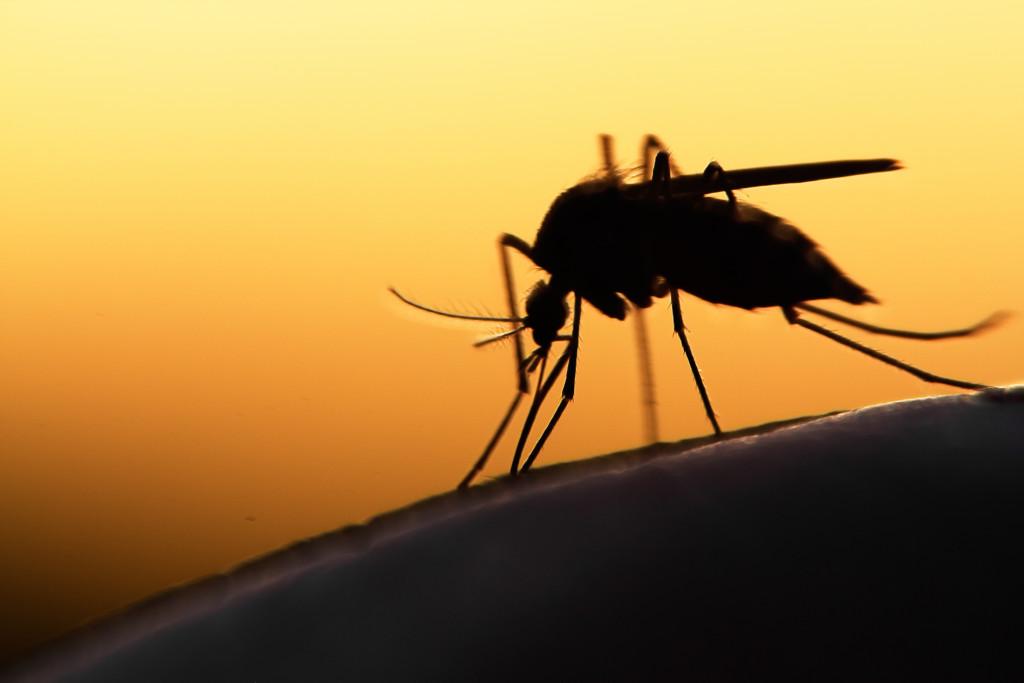Mosquitos are infamous for being vehicles of deadly diseases such as Malaria and the Zika virus, just to name a few, with the former afflicting millions of innocent people every year and an estimated mortality rate of 28%. As a result, mosquito-borne diseases remain one of the most dangerous threats to modern life and considering that most methods of mitigation are inefficient, we are still fighting a long uphill battle that’s yet to see better days.
However, the US Environmental Protection Agency has just recently greenlighted the field testing of Oxitec’s genetically modified mosquitos in the Florida Keys, and after fighting resident pushback and regulatory complications, the project can finally move forward. And so, today, we’ll be reviewing what impact these bioengineered mosquitoes have on people, the advantages of using them, and the potential risks that come with field testing.
Mosquitos Remain A Large Threat To Our Health
Firstly, mosquitos remain a looming threat to our health and safety, and it’s essential that we understand that context on why there’s a need for genetic engineering to step up in our battle against mosquito-borne diseases. And, considering the current trends, some of the most alarming developments are (1)recently detected West Nile Virus and EEE, (2)the warming climate, and (3)genetic changes in mosquitoes that lead to insecticide resistance.
-
Recently Detected Mosquito-Borne Diseases
Although the world still has its hands full trying to rollout vaccination programs as fast as possible to address the threat of Covid-19, some states have detected an uptick of mosquito-borne diseases, specifically the West Nile Virus and EEE. And while there’s yet to be any serious implications of a breakout on our hands, the early warning signs are more than enough to encourage the at-risk population to take extra precautionary measures. Plus, the last thing we want to happen is a mosquito disease overlapping with our efforts to mitigate the global pandemic.
-
Warmer Climate Welcomes More Mosquitoes
Spring is about to end, and as we welcome summer, we must also expect the hot weather to attract the start of the mosquito season as well. However, climate change still stands as a global threat, and if fears of the economic rebound causing an immense increase in the warming climate are to be true, it would also domino effect a surge in the mosquito population. Therefore, this would put more people at risk because the range at which mosquitos can travel and multiply will also expand in proportion.
-
Genetic Changes In Insecticide Resistance
While both repellants and attractants for mosquitoes work effectively at dissuading or capturing the local mosquito population near you, it’s the insecticides that have become a worrying problem. And while the vast majority of people have relied on insecticides to kill mosquitoes, many of the species have undergone genetic changes and mutations that created an increased resistance against them. So, it might only be a short while before we start experiencing our favored products become obsolete as these mosquitoes become even more resistant or, much worse, immune.
How Does Genetic Engineering Solve Our Problems?

Oxitec’s bioengineered mosquitoes help fight our battle against mosquito-borne diseases through a genetic alteration in the male Aedes aegypti that makes them lethal to future offspring. It passes on a gene that makes female descendants rely on antibiotic tetracycline, which will doom them to die in the wild. And if the descendant were to be male, it would continue to spread across generations of mosquitoes.
-
Suppressing The Mosquito Population
Male mosquitoes only rely on plant juice, and it is the female population that drinks blood and is the vehicle of many diseases and illnesses. Therefore, if the field testing of the genetically modified mosquitoes proves successful, then we can successfully dwindle the dangerous mosquito population until it becomes a non-threat.
-
Research Shows No Significant Impact On Humans
Oxitec has been testing for years now in places like Brazil, and current research shows that the technology shows no significant impact on humans. As a result, there’s virtually zero threat, as of current, in the use of genetic engineering on Aedes aegypti, and field testing in the US will help create stronger support for the notion. Soon enough, if it receives a seal of approval from the rest of the world, then we would be one step closer to eradicating all other mosquito-borne diseases.
Still, In The Early Stages Of Research And Testing
Nevertheless, there’s no denying that we are still in the early stages of research and testing, considering that this will be the first actual field test on American soil. Therefore, it’s only right to exercise a bit of doubt and caution when approaching these things because there’s always the risk of a new mutant gene emerging. Research and development are very promising, though, and we are hopeful this step forward will put us in the right direction.
